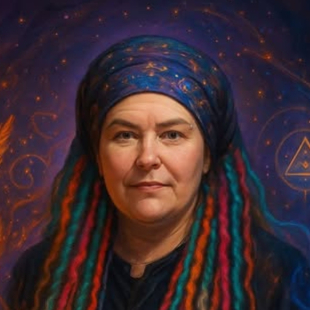Miserable but Safe: Why We Settle for Familiar Pain
- Gin

- Oct 11, 2025
- 1 min read
I’ve stayed in relationships long after I knew they were toxic. I’ve clung to jobs that drained me. I’ve lived inside mindsets that I knew were slowly killing me. And every time, I told myself, “At least it’s safe.”
But here’s the hard reality: familiar misery isn’t safe. It’s just predictable.
Neurology tells us the brain prefers known pain to unknown possibility. Trauma research reminds us that chaos can feel like home when you grow up in it. Behavioral psychology explains how the occasional “good moment” in a bad situation keeps us hooked, like a slot machine promising a payout.
No wonder we cling to our cages. At least they’re familiar.
But safety isn’t the same as freedom.

Freedom is uncomfortable. It’s uncertain. It feels like vertigo at first. That’s why we resist it — because fear tells us the unknown is danger. But freedom is the only place life actually lives.
So how do we stop settling for “miserable but safe”?
We start by noticing where we’re clinging. Then we take one micro-risk toward possibility. A conversation.
A step.
A no.
The comfort zone is not comfortable. It’s just predictable. And predictable misery is still misery.
Your oak self — the fullest, truest version of you — will never grow in that soil.
Choose the open field. Even if it scares you. Especially if it scares you.




Comments